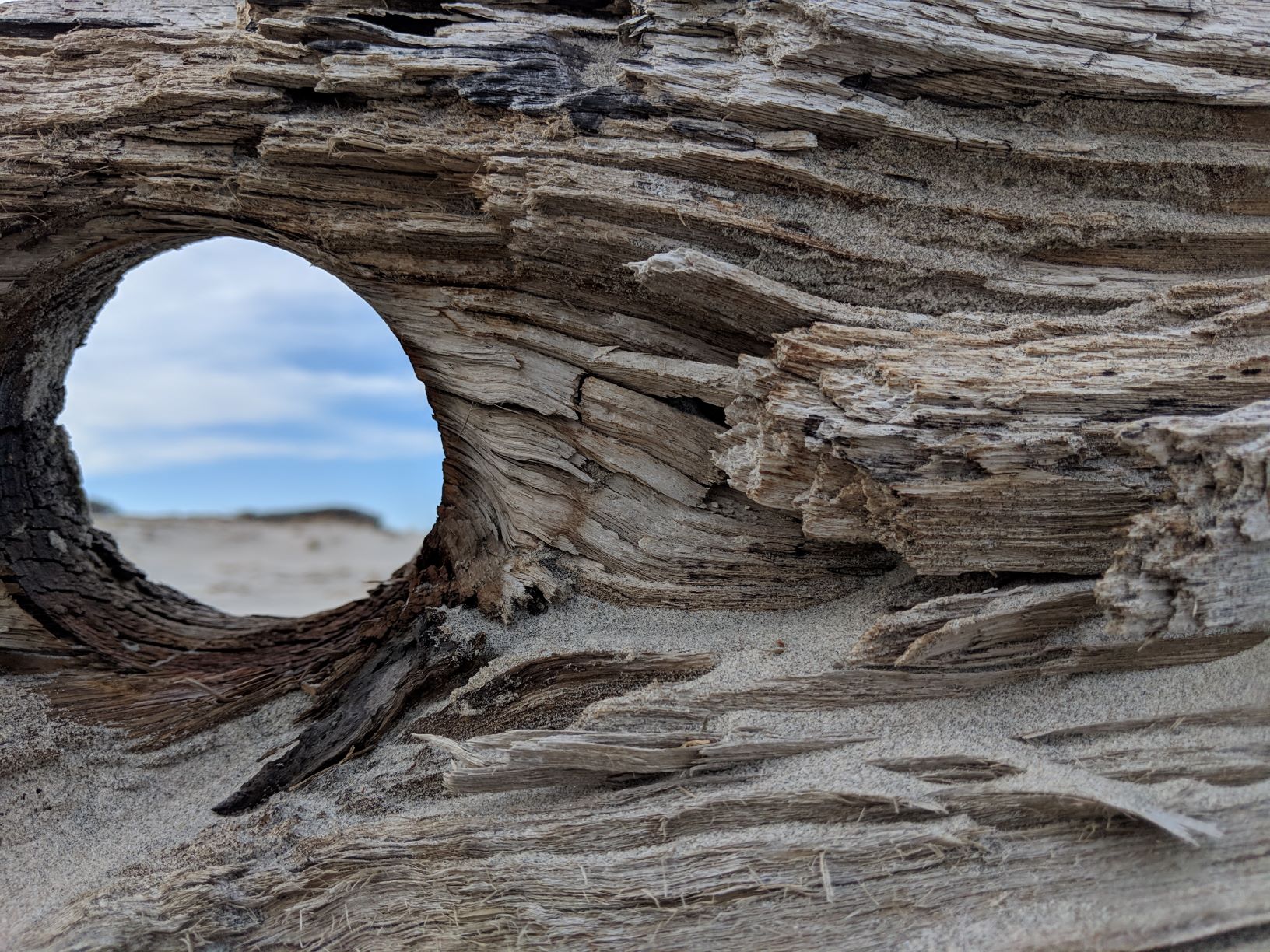
I am one of the happiest adults I know. Grumpy, true, but anyone paying attention to the world around us should be barking mad at times.
I also realize that I have been graced with the pedigree that allows me to swim through this cultural sea oblivious to the flotsam.
To talk of one’s happiness is bad enough, to advise others on how to achieve it infuriating–feel free to stop reading right here. Still, if one teaches children in a public school (and I do), and believes “the pursuit of happiness” is a civic duty (for democracies cannot thrive if we pursue merely money and pleasure), well, that’s reason enough for this post.

Back in my doctor days when I occasionally hung out with the upper middle class sort, I was invited to a pool party by one of my attending physician supervisors. Not going was not really an option, so on a rare day off my clan piled into an ancient Ford LTD station wagon and headed to the gilded hills.
Her home was beautiful, the pool large and inviting, and she had several beautiful gardens. I was far more interested in the plants than the pool, and while chatting, she made it clear she had a gardener. (Why anyone would have a gardener escapes me, but I listened politely while looking for an escape.)
She became wistful “My gardener seems so happy–must be nice to be so simple not to have to worry about things.”
She was envious of her gardener’s life (or at least the one she imagined he lived), the same gardener who likely could not afford to bring his children to his employer’s pediatric practice.
I thought of suggesting to her that she might want to get her hands into the dirt herself, mammals that we are, but that was not her point, of course.
She simply did not have the time.
She is still practicing medicine, and I am not.
So what is the lesson for my lambs? “Pursue your dreams” is impossible for most humans their age–their dreams are the dreams of their parents, and they know little else.

But they know this much–the person in front of them day after day prefers teaching over medicine. And he seems happy–not because he became a teacher, but because he loves what he does.
You are not a “job title” or a “profession” or “unemployed.” You are, for hours a day, whatever you are doing during those hours. That’s how it works, at least among the mortal.
But she did have a wonderful garden.






